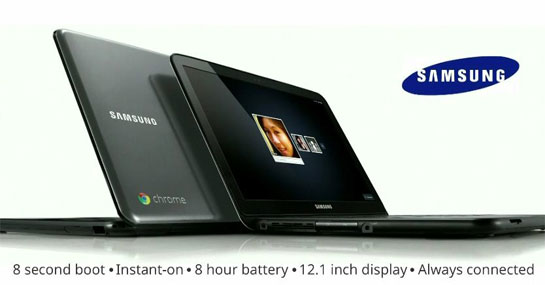 Well, somebody’s finally done it. Google’s been selling us for quite a while on just how secure Chrome is, and they haven’t really lied to us. Getting into the OS or the browser for that matter has proved pretty darn difficult. But at the Black Hat security conference two researchers with White Hat Security have gotten into Chrome OS.
Well, somebody’s finally done it. Google’s been selling us for quite a while on just how secure Chrome is, and they haven’t really lied to us. Getting into the OS or the browser for that matter has proved pretty darn difficult. But at the Black Hat security conference two researchers with White Hat Security have gotten into Chrome OS.
The flaw is in ScratchPad, a Chrome app that allows users to compose text files and then save them to Google Docs. Through it, the attacker can gain access to a person’s e-mail, contacts, and Google Docs and Voice accounts. Give Google some credit here though, the two redarchers working on this — Matt Johanson and Kyle Osborn — said they spent months looking for a hole, and must have only found one now.


 It’s been exactly one month since the first
It’s been exactly one month since the first 
 Neowin reports
Neowin reports 
 I consider myself optimistic about Google’s vision for completely web-based computing, but it’s not going to happen without an online storage solution that can replace the act of saving files locally.
I consider myself optimistic about Google’s vision for completely web-based computing, but it’s not going to happen without an online storage solution that can replace the act of saving files locally.